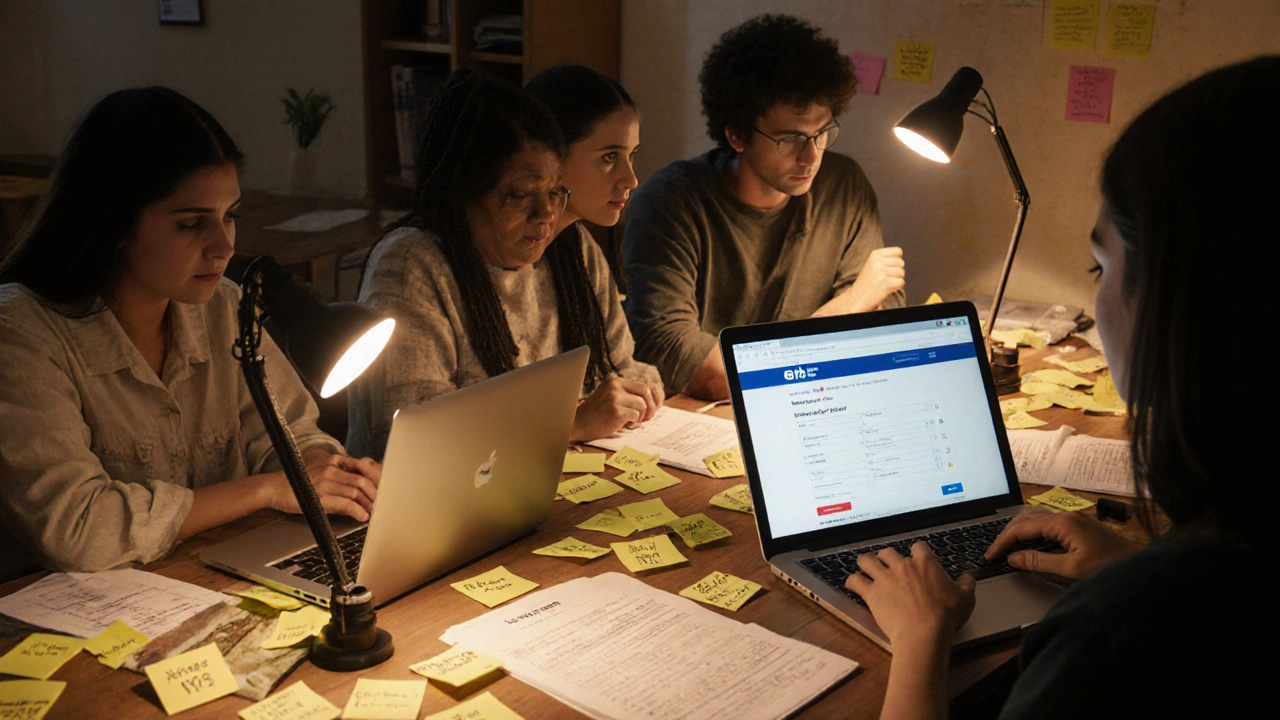UK Study Visa: What You Need to Know About Visas, Rules, and Student Life
When you’re planning to study in the UK, your UK study visa, a government-issued permit that lets international students live and study in the UK for the length of their course. Also known as a Student Visa, it’s not just a stamp in your passport—it’s the key to everything from opening a bank account to seeing a doctor, working part-time, and staying beyond graduation if you qualify. Without it, you can’t legally enroll, rent housing, or even use most student discounts. And while it sounds simple, getting it wrong can delay your start date, cost you hundreds in fees, or even block future visits.
The UK visa requirements, the official rules set by the Home Office that determine who qualifies for a student visa are strict but clear. You need an offer from a licensed university, proof you can afford tuition and living costs (usually £1,334 per month outside London), and proof of English language skills. Many students miss the fine print—like how much money must be in their account for 28 straight days, or that their bank statement can’t be older than 31 days when they apply. Even small errors like a missing signature or a typo in your course title can get your application rejected.
Your student visa UK, the official document granting permission to study in the UK as an international student also controls what you can and can’t do while you’re here. You’re allowed to work up to 20 hours a week during term time, but only if your course is at degree level or higher. You can’t run a business, claim public funds, or take permanent jobs. And if you change universities or extend your stay, you’ll need to apply again. It’s not just about getting in—it’s about staying compliant.
What most students don’t realize is how deeply your visa ties into your everyday life. Registering with a GP? You need your visa. Opening a student bank account? They check your visa status. Applying for a National Insurance number? That’s tied to your visa too. Even things like getting a railcard or signing a tenancy agreement often require proof you’re legally allowed to be in the UK. That’s why so many of the posts below—like how to register with a GP, how to set up direct debits, or how to handle rent increases—only make sense if you’ve got your visa sorted first.
And if you’re thinking about staying after graduation, your visa is the first step. The Graduate Visa lets you stay for two years (three for PhD students) to work or look for a job. But you have to apply for it from inside the UK, and only if your current student visa is still valid. Miss that window, and you’ll need to leave and reapply from abroad.
Below, you’ll find real, practical guides from students who’ve been through it. No fluff. No theory. Just what works: how to avoid common application mistakes, how to prove your finances correctly, how to handle visa interviews, and how to manage your time so you’re not scrambling weeks before your course starts. Whether you’re applying from India, Nigeria, or Brazil, the rules are the same—but the tips here are made for people like you, juggling deadlines, language barriers, and family expectations.
Published on Oct 25
0 Comments
A clear step-by-step guide for international students applying to UK universities, covering UCAS, visas, academic requirements, English tests, and common mistakes to avoid.
